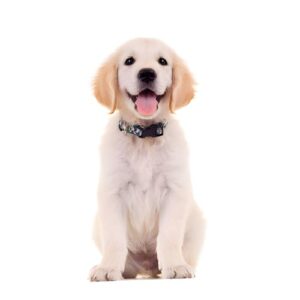Description
Everything You Need To Know About Rottweilers Puppies
Rottweiler puppies are robust and confident dogs known for their strength, loyalty, and distinctive black and tan markings. Belonging to the working group, they are versatile and often excel in roles such as protection, police work, and as loyal family guardians. Rottweiler puppies are intelligent and trainable, forming strong bonds with their owners. Early socialization and consistent, positive training are essential for their well-rounded development. While they have a protective instinct, Rottweiler puppies can be affectionate companions with the right care and attention. Regular exercise and mental stimulation contribute to their overall health and happiness.
Here are some characteristics commonly associated with Rottweiler puppies:
- Adorable Appearance: Rottweiler puppies are known for their cute and charming appearance. They have a distinctive black and tan coat with markings that will become more pronounced as they mature.
- Playful and Energetic: Rottweiler puppies are generally playful and have high energy levels. They enjoy playtime, exploring their surroundings, and engaging in interactive activities.
- Curious Nature: Like many puppies, Rottweiler pups are naturally curious. They may investigate their environment, sniff around, and explore new sights and sounds.
- Socialization: Early socialization is crucial for Rottweiler puppies. Positive exposure to various people, animals, and environments helps shape a well-adjusted and confident adult dog.
- Loyalty: Rottweiler puppies often form strong bonds with their families. They are known for their loyalty and protective instincts, even from a young age.
- Trainability: Rottweilers are intelligent dogs, and this trait is evident in their early years. Puppies are quick learners, and basic training can start early. Positive reinforcement methods work well with them.
- Chewing and Teething: As with most puppies, Rottweiler pups may go through a teething phase. Providing appropriate chew toys can help satisfy their chewing instincts and soothe teething discomfort.
- Feeding and Growth: Rottweiler puppies have specific nutritional needs to support their growth. A balanced diet, tailored to their age and size, is essential for their development.
- Exploration and Confidence Building: Rottweiler puppies benefit from opportunities to explore different surfaces, textures, and environments. This aids in building confidence and adaptability.
- Introduction to Basic Commands: Early exposure to basic commands, such as sit, stay, and come, helps establish a foundation for future training. Consistency and positive reinforcement are key during this stage.
- Cuddly and Affectionate: Despite their protective instincts, Rottweiler puppies can be affectionate and enjoy cuddling with their owners. Positive interactions help build a strong bond.
- Appropriate Playtime: Engaging in appropriate play is crucial for Rottweiler puppies. This includes supervised play with other dogs and controlled interactions with children to teach appropriate behavior.
It’s important for Rottweiler puppy owners to provide proper socialization, positive training experiences, and a nurturing environment to help shape a well-behaved and confident adult Rottweiler. Early, positive experiences contribute significantly to the development of a happy and balanced dog




